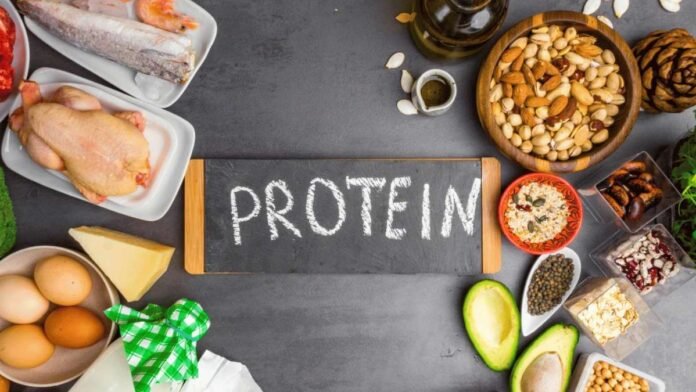A recent Nature Metabolism study reveals that protein ingestion may activate immune cells and induce atherosclerosis. This human, animal, and cell study suggests eating above 22% protein is harmful.
This method requires cattle and egg leucine. Senior author Babak Razani warns that protein overconsumption damages arteries.
He tweeted, “Our hope is that this research starts a conversation about ways of modifying diets in a precise manner that can influence body function at a molecular level and dampen disease risks.”
The study found that protein intake is not always beneficial. A decade-long study of ordinary American meals found that protein, predominantly meat, accounts for a considerable portion of calories.
This study suggests that high protein intake may affect long-term health.
Razani collaborated with metabolic specialist Bettina Mittendorfer to delve deeper into the investigation. The research used cellular, animal, and human models. Initial healthy person ratings influenced immune cell activation schedule study.
According to rodents and human studies, eating more than 22% of daily calories from protein inhibits macrophages, which clear debris and cause arterial plaque.
Razani: “Perhaps blindly increasing protein load is wrong.” “Instead, it’s important to look at the diet as a whole and suggest balanced meals that won’t worsen cardiovascular conditions, especially in people at risk of heart disease and vessel disorders.”
It suggests more research to determine protein consumption optimality. Razani added that plant and animal protein-rich diets’ leucine levels may alter metabolic and cardiovascular health. “The potential for this type of mechanistic research to inform future dietary guidelines is quite exciting,” he said.
Health concerns of protein overconsumption:
Protein metabolism demands extra water, thus consuming too much protein might dry you. Constipation, headaches, and fatigue are dehydration symptoms.
Protein breakdown produces nitrogenous waste, which the kidneys must work harder to eliminate. This extra work might strain the kidneys, especially in renal patients.
Water is needed for protein breakdown and absorption. Overeating protein without enough water can cause constipation, bloating, and other digestive issues.
Bone health: High-protein diets, especially red meat-rich ones, may increase calcium excretion. This may cause bone loss and osteoporosis, but more research is needed.
Weight gain: High-protein diets can cause weight gain if they provide a calorie surplus. The body can convert extra protein into energy and store it as fat if not needed.



